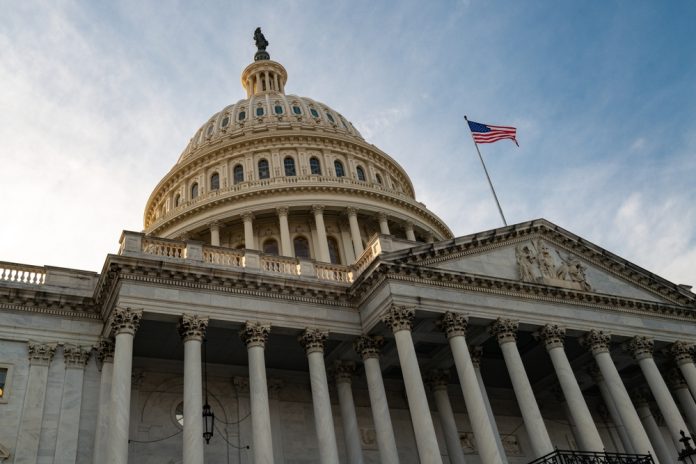
Senator Chris Van Hollen’s diplomatic adventure to El Salvador has rekindled debates over the seldom-enforced Logan Act, challenging the protocols of U.S. foreign policy.
Top Takeaways
- The Logan Act prohibits unauthorized diplomacy by U.S. citizens and has not been enforced since the 1800s.
- Chris Van Hollen’s recent trip to El Salvador is under scrutiny for potentially violating this law.
- Critics question why Van Hollen isn’t facing charges similar to Michael Flynn’s past experience.
- The Logan Act’s nebulous enforcement history raises debates about its current applicability.
The Logan Act: History and Purpose
The Logan Act, enacted in 1799, aims to safeguard U.S. foreign policy by curbing unauthorized negotiations between private citizens and foreign governments. It has historically been invoked in politically charged contexts, yet no successful prosecutions have occurred since its inception. Named after George Logan, who independently negotiated with France, the act underscores the need for official diplomatic channels.
Only two individuals have been charged under this law, in 1802 and 1852, and both cases fell short of conviction. Despite its outdated track record, any actions seen as rogue diplomacy, such as Van Hollen’s recent activities, stir public discourse and legal scrutiny due to potential national security implications.
You are in violation of the Logan Act and your behavior is treasonous. Maryland is ashamed of you. Here’s a definition, since you seem to need one:
The Logan Act is a U.S. law that prohibits unauthorized private diplomacy with foreign governments. It essentially prevents U.S.…
— Shiny Happy Person (@HRH_SHP) April 16, 2025
Chris Van Hollen’s El Salvador Episode
Senator Van Hollen’s controversial trip to El Salvador aimed at intervening in the case of deportee Kilmar Abrego Garcia. Critics argue this constitutes a breach of the Logan Act, claiming his actions undermine the executive’s role in diplomacy.
High-profile figures like Roger Stone note the parallels to the accusations previously leveled at General Michael Flynn regarding unauthorized talks. “Why hasn’t this U.S. senator been arrested for violation of the Logan Act? It’s illegal to conduct your own foreign policy,” he asserted.
The appeal for accountability gained momentum as the American Accountability Foundation requested a Senate Ethics Committee inquiry into his conduct. Conservative analysts assert that such escapades could destabilize established diplomatic approaches, ultimately jeopardizing U.S. national interests.
Dem senator's El Salvador trip might violate law liberals used as pretext for Michael Flynn probe: critics | Charles Creitz, Fox News
The Logan Act of 1799 prohibits unauthorized foreign negotiations
Sen. Chris Van Hollen’s, D-Md., sudden trip to El Salvador to try to free… pic.twitter.com/4fxWx8rgIk
— Owen Gregorian (@OwenGregorian) April 20, 2025
Implications for U.S. Foreign Policy
The Logan Act represents an enduring yet controversial tool in ensuring coherent foreign policy. While legally ambiguous, its potential enforcement reflects the ongoing struggle between political maneuvers and legislative constraints. Van Hollen’s case underscores the complexity of applying historical legislation to modern political dynamics.
“Is Chris Van Hollen violating the Logan Act? Because this is what they accused General [Michael] Flynn of doing … the incoming national security advisor … who was merely having conversations with foreign diplomats [after] people had chosen President Donald Trump,” questioned Vince Coglianese.
The debate centralizes on whether such actions result in meaningful accountability or perpetuate a redundant legal spectacle. For conservative observers, maintaining strict adherence to established protocols remains crucial to safeguarding national integrity and robust diplomatic engagements.




